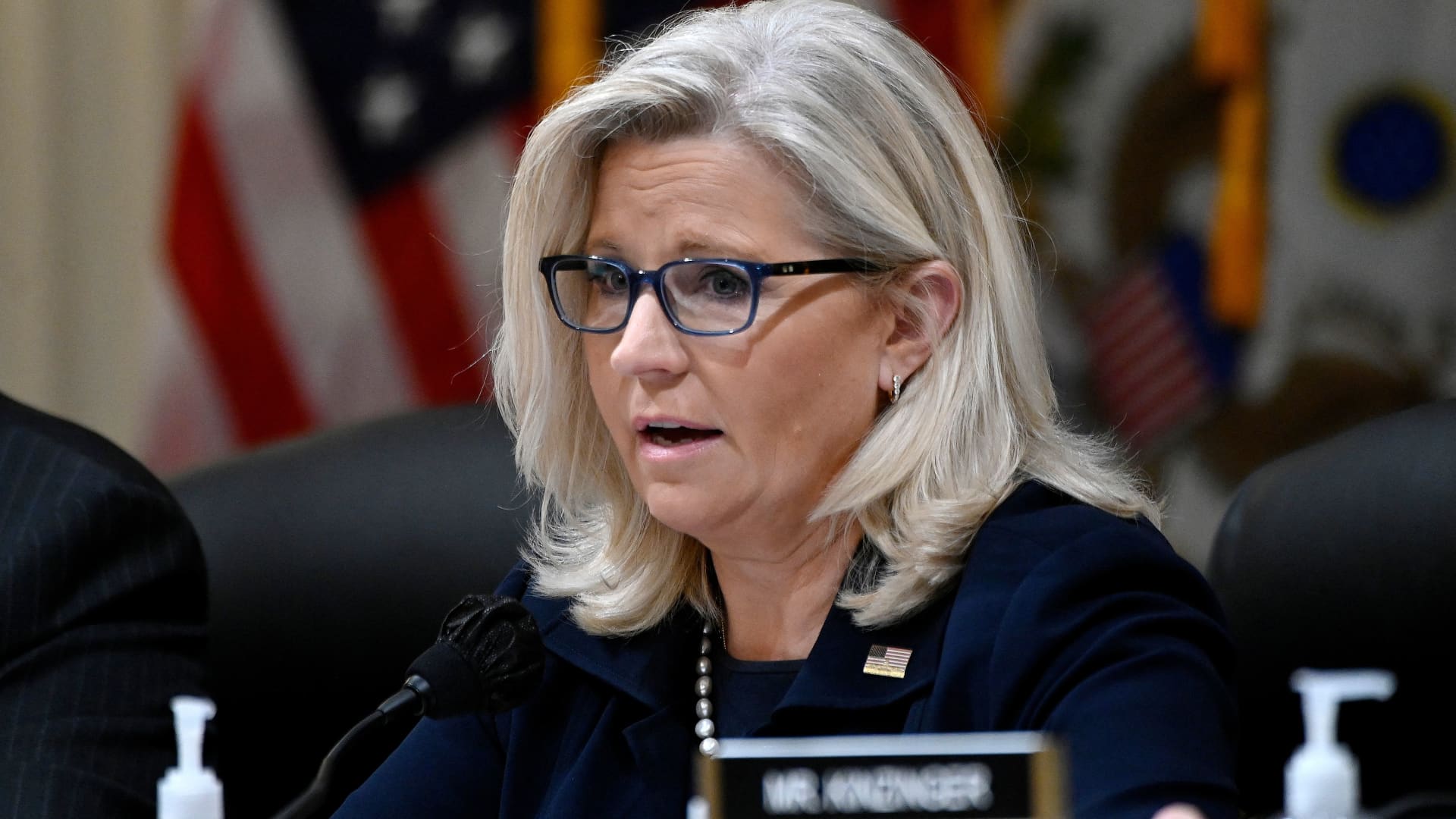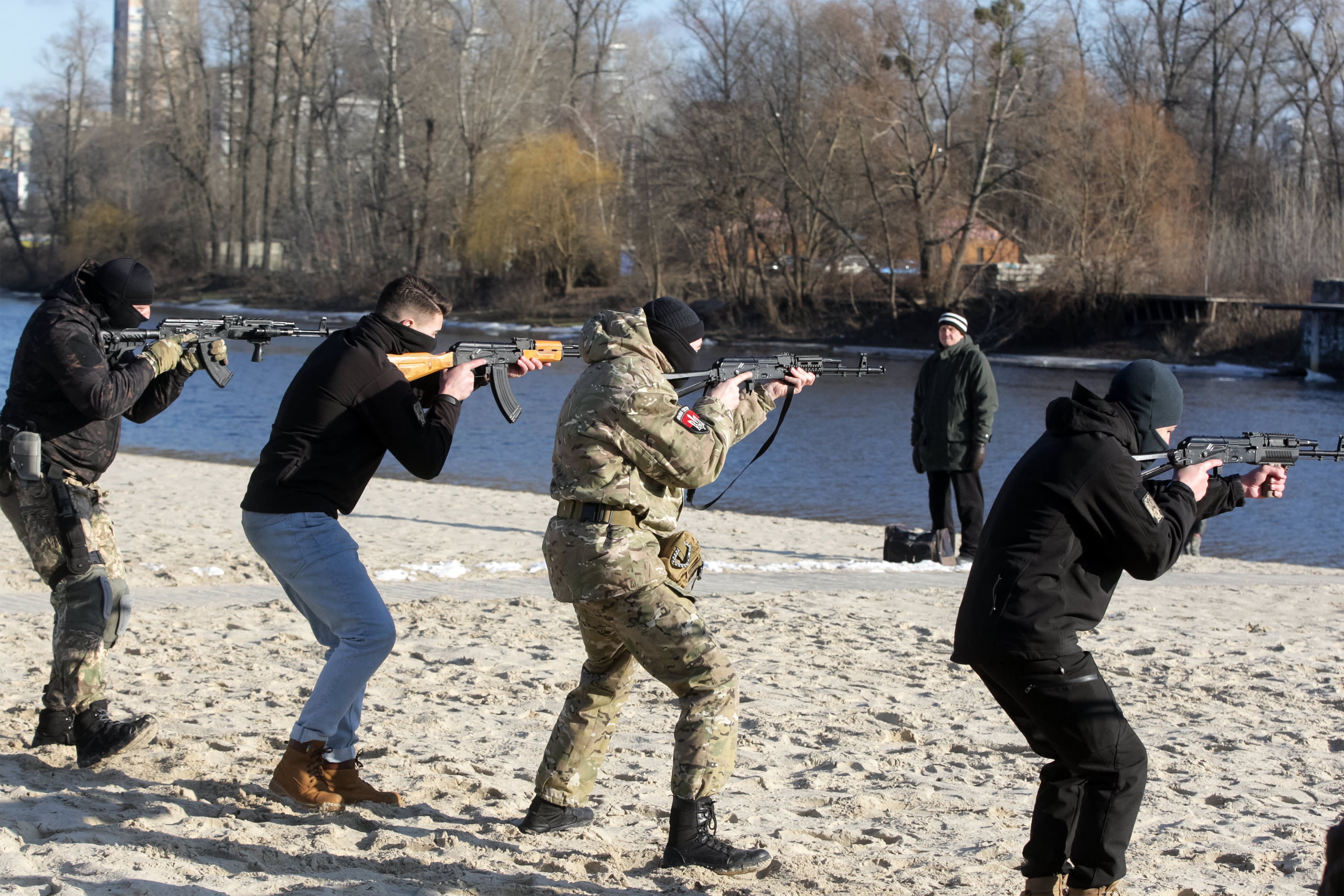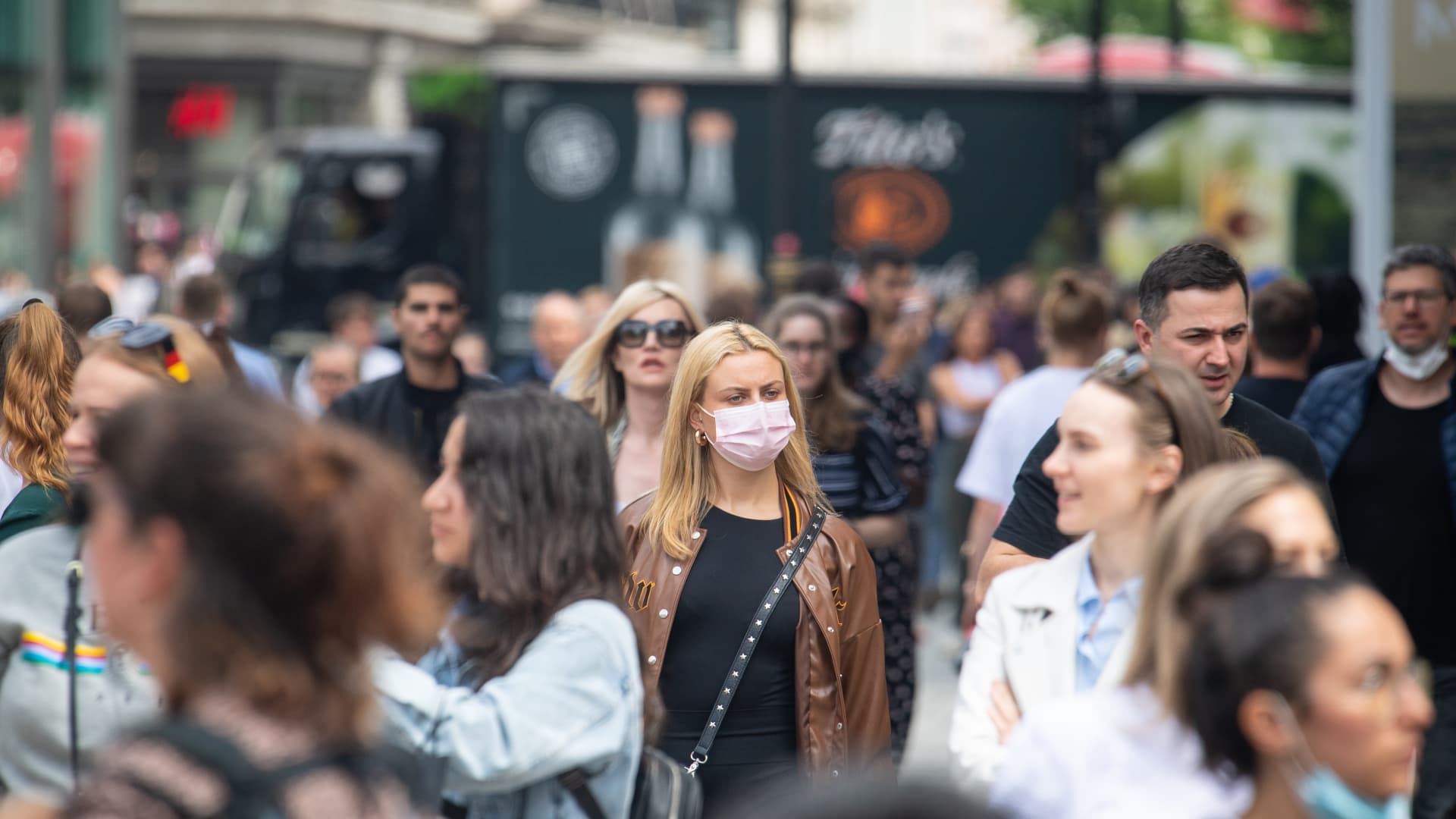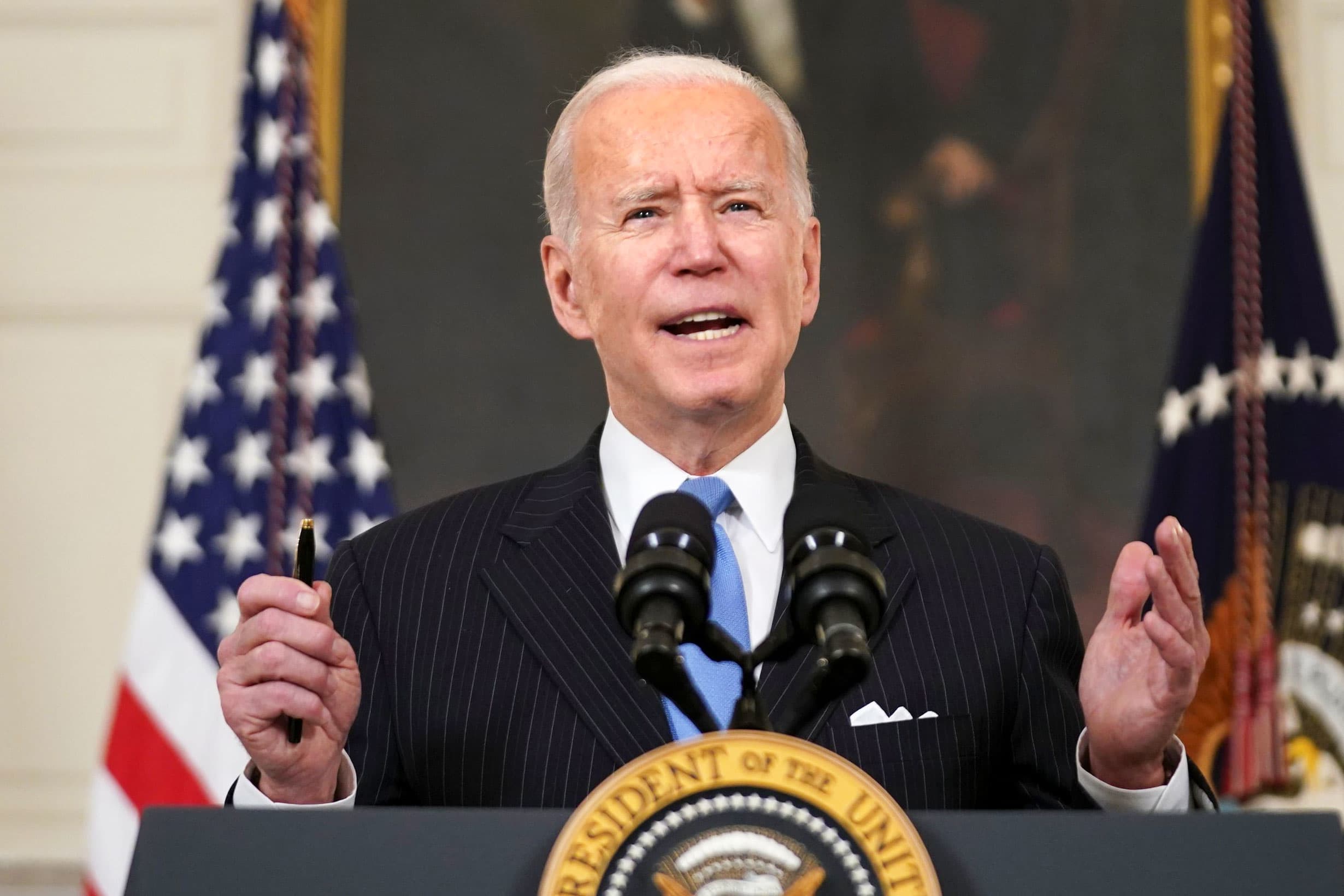Liz Cheney urges the Justice Department to prosecute Trump if it finds evidence of crimes
The question of whether Trump should be prosecuted for his attempt to subvert the 2020 election continues to divide the anti-Trump wing of the Republican party.

US Republican Representative Liz Cheney speaks during the third hearing of the US House Select Committee to Investigate the January 6 Attack on the US Capitol, on Capitol Hill in Washington, DC, on June 16, 2022.
Olivier Douliery | AFP | Getty Images
WASHINGTON -- Rep. Liz Cheney urged the Justice Department on Thursday to prosecute Donald Trump — if it finds evidence that former president committed crimes in connection with the January 6 attack on the U.S. Capitol.
Not doing so would call into question whether America is a nation of laws, the Wyoming Republican said in an interview with CNN's Kasie Hunt.
While Cheney, R-Wyo., believes the Justice Department will follow the facts, she said "they have to make decisions about prosecution. Understanding what it means, if the facts and the evidence are there, and they decide not to prosecute — how do we then call ourselves a nation of laws?"
A leading voice on the House committee investigating the Jan. 6th attacks, Cheney said she believes Trump is "guilty of the most serious dereliction of duty of any president in our nation's history."
Cheney cited a federal district court judge in California, who noted in March that Trump and conservative attorney John Eastman likely committed crimes in attempting to overturn the results of the 2020 presidential election and keep Trump in office after voters had elected now-President Joe Biden.
But the question of whether Trump and his closest allies should face prosecution for their months long effort to subvert the 2020 election is one that has roiled the anti-Trump wing of the Republican party.
On one side are voices like Cheney's, who insist that the facts must be followed even if prosecuting Trump has the unintended consequence of making the former president a political martyr, and an even more potent force in American politics.
On the other side is a more cautious and altogether quieter group of Republicans, who are concerned that the legal hurdles to proving Trump committed any serious crime are too high to make it worthwhile. Prosecuting a former president of the United States without a guaranteed conviction, they argue, would risk handing Trump an enormous political and moral victory, and open the door to future, more politically motivated prosecutions of former presidents.

 Tekef
Tekef 





























